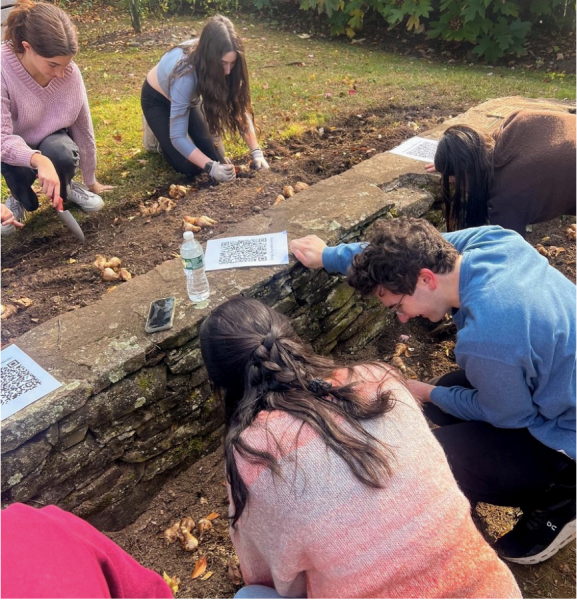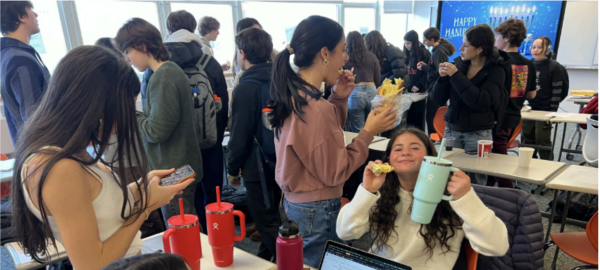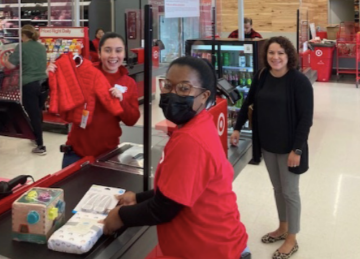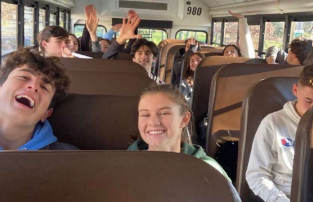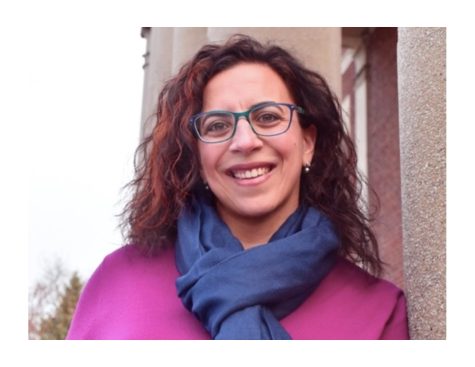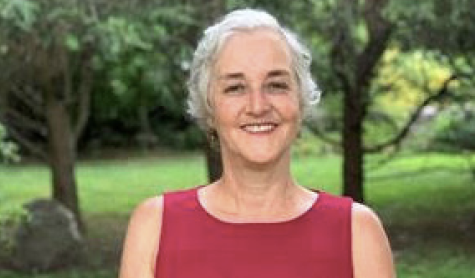Cheating Persists in a Virtual Classroom Setting
December 21, 2020
As Mamaroneck High School has shifted to a hybrid learning model, administering exams has become a much more difficult task for teachers. With many students at home, the concern of cheating has become much more prevalent, and has led teachers to have to explore other, more unconventional testing methods.
In the beginning of the year, many teachers were testing in similar ways to years past, but the school administration realized how easily students were connecting with one another and using the internet to corroborate answers. Because of this, MHS Principal Elizabeth Clain and the administrative team gave teachers directions to try to provide more secure tests with a new testing policy encouraging as few multiple choice tests given at home as possible.
Since this shift in testing guidelines, Clain has noticed how teachers have been trying to “be more deliberate about trying to provide assessments in school as much as possible.” She described how the administration has tried to “encourage teachers to make assessments that are as authentic and as ‘cheat-proof’ as possible,” and, “look to higher level questioning that cannot be as easily regurgitated, or snapped and texted to people.”
Although all teachers are trying to adapt to this new form of hybrid and remote testing in many ways, different teachers from different subjects have been exploring various new strategies to prevent cheating.
Joseph Liberti, the twelfth grade AP Government teacher, has had to face the challenge of accommodating new testing policies while packing in an entire AP curriculum. One strategy he used in the beginning of the year was giving tests at night and at home to all students, regardless of if they were hybrid or remote. Liberti made all of these tests open notes, but described them as containing “transfer of knowledge” and “application of knowledge” questions so that “having the information in front of you is only part of the answer.” He explains how questions like this where students need to apply knowledge this way is actually “higher-order thinking” and is perfect for tests like these, where it makes it harder to cheat because simply Googling will not provide the answer.
For her Chinese 5 tests, Maya Kennedy (’21) explained how her teacher, Liu Laoshi, has adapted to needing to give tests to students at home and in the classroom at the same time differently than other teachers of hers. Liu Laoshi is having students at home print out their tests and face their laptop camera towards their desk so she can watch her students hands. This way, she can prevent cheating by ensuring that students are not using Google Translate or looking at notes.
Heather Thibodaux is having her Precalculus Honors students sign a statement before they take their online tests stating that they will not talk with other students, use the internet, or look at notes. “This way,” Thibodaux says, “I think there is no question on what they [students] were supposed to do, it makes it as clear as possible.” This is similar to an honor code, which has been proven to be 10 percent effective in reducing cheating by sharing answers in a study done by Donald McCabe from Rutgers Business School and Linda Treviño from the Smeal College of Business at Penn State.
Clain and the rest of the administrative team have expressed great appreciation for the clear attempt to make tests more secure in this new world of online school. She acknowledges that “Every institution that is involved in the assessing of students is facing this right now,” and she knows that we will need to continue to monitor the situation and make changes in real time to be as responsive as we can to this moment in history.








